Art of the Question
Knowledge-Building for Teachers Series
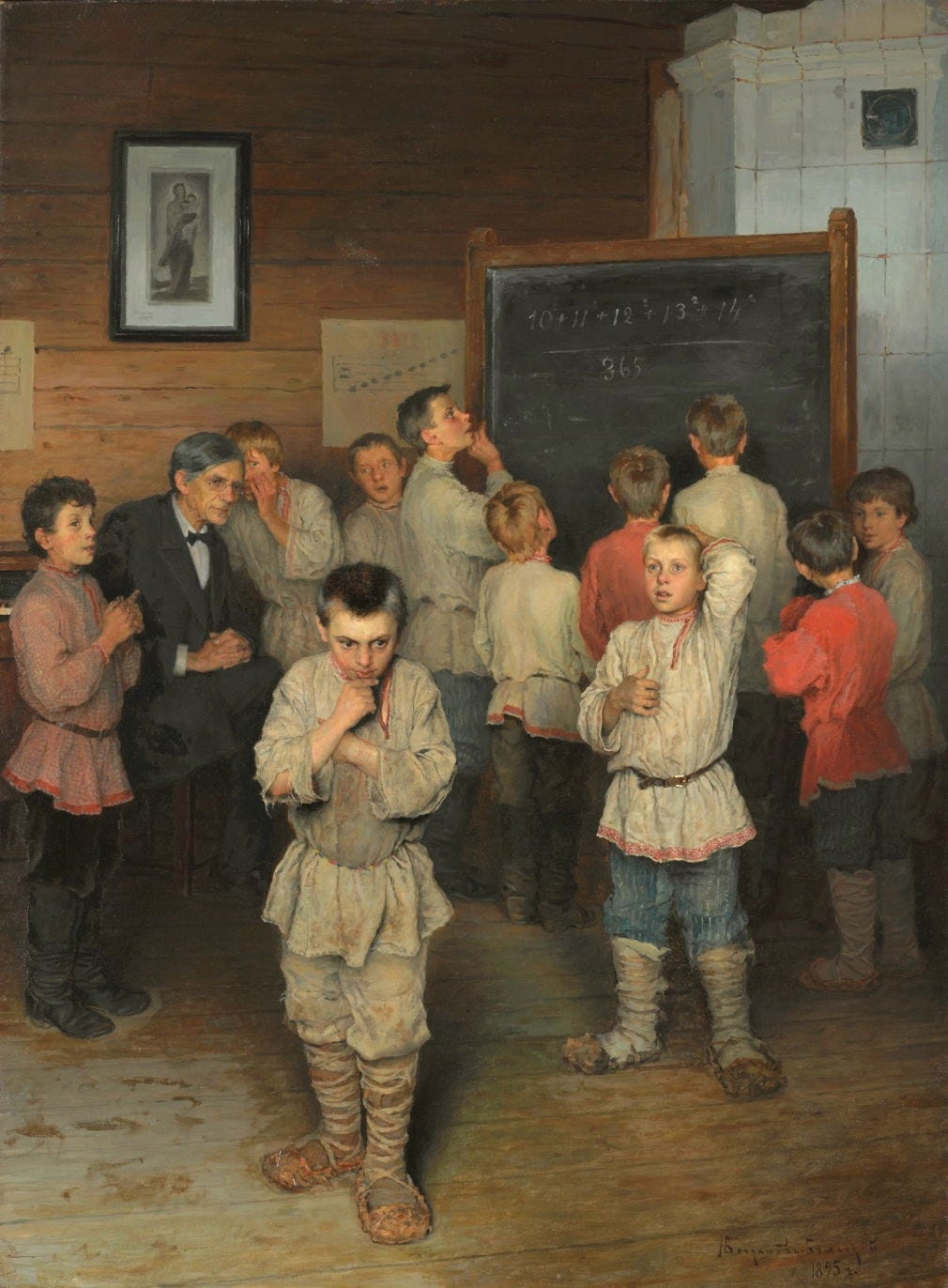
Good questions can reveal our thinking, consolidate our understanding, and help us explore new ideas. Therefore, it is fitting that knowledge-building should also explore the process for developing well-crafted questions. Begin your personal knowledge-building journey into the Art of the Question. Arranged by question type, enjoy a small sampling of various media on how to ask the right questions.
Three Phases of Questioning
classroom staples
The Three Phases of Questioning | Bunsen Blue by Pritesh Raichura
Raichura artfully guides readers through the three phases of questioning in the classroom: Checks for listening, Rehearsal, and Checks for understanding. He explains their purposes and the different means of participation to provide optimal opportunities for students to think about and engage with content.
Hinge Questions
responsive teaching
Hinge Questions: Identify and Respond to Common Misconceptions by Jamie Clark
From Jamie Clark’s DistillED, this is a short guide to developing targeted questions at key points in the lesson that aid in responsive teaching.
Checking for Meaning
Ausubel’s Meaningful Learning
Sarah Cottinghatt - Meaningful Learning & Coaching by Beyond Good with Matt Findlay and Femi Adeniran
This episode with has opened my teacher mind to a whole new realm of questioning: Checking for Meaning.
Different from checking for understanding, checking for meaning is checking that learning has been connected to prior knowledge.
Her book, Ausubel's Meaningful Learning in Action explores this concept further and its role in helping learners develop a vast body of knowledge.
Questions through Writing
syntactic structures
The Writing Revolution: A Guide to Advancing Thinking Through Writing in All Subjects and Grades by Judith Hochman and Natalie Wexler
The Writing Revolution is not only a must-have writing resource, it is also an excellent source for developing great questions that can be used to foster rich thinking during knowledge-building lessons. An excellent example of this can be found in Dr. Nathaniel Swain’s Read2Learn knowledge-building materials that have The Writing Revolution questioning techniques embedded throughout the lessons.
Open-Ended Queries
rich discussion
Robust Comprehension Instruction with Questioning the Author: 15 Years Smarter by Isabel L. Beck, Margaret G. McKeown, Cheryl A. Sandora
Engender rich discussion with open-ended queries. This is a must-have reference for designing well-crafted questions to embed in knowledge-building lessons.
Atomic Elements
Direct Instruction
How to Teach Anything by Kristopher Bolton
Based on Engelmann and Carnine’s work on Direct Instruction, atomic question design can largely fall under four elements: categorical, transformation, fact, and subroutine. Boulton writes more in-depth on each of these elements in other posts on his substack Unstoppable Learning. (This article was also featured in my post on Math.)
Philosophy and Wonder
meaning of life
Introduction to Western Philosophy | Hillsdale College Online Courses with Nathan W. Schlueter
“Philosophy begins with wonder.” (Plato, Theaetetus). Study the great thinkers as they delve deep into the enduring questions of humanity, fostering your own love of wisdom through wonder.


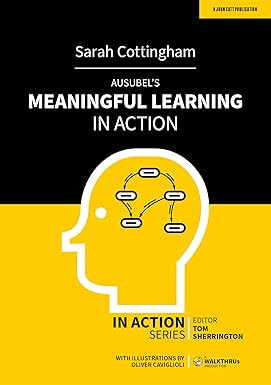
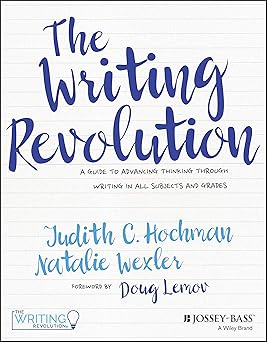

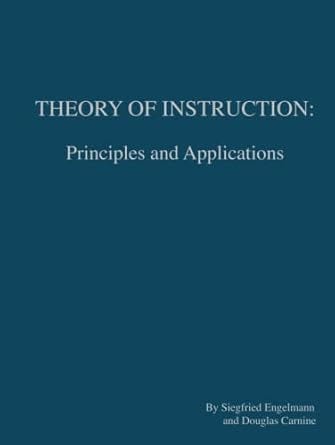
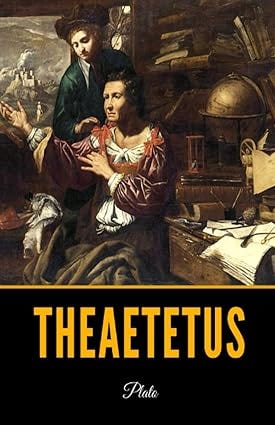
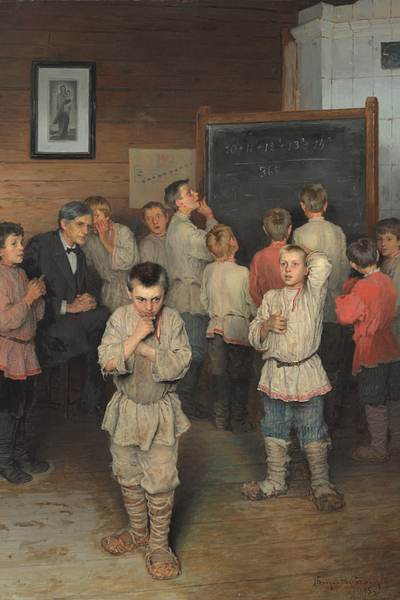
Favorite blog so far! But now we need a follow-up about how, when, and why you use these different question types!
This is spectacular!